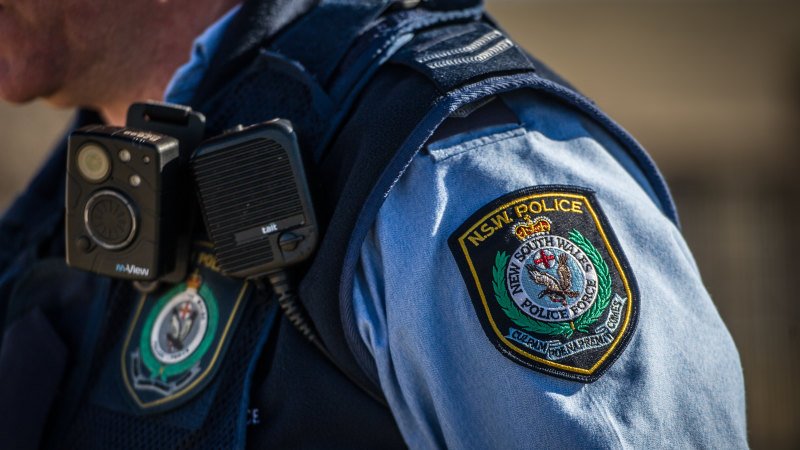What are my rights when dealing with police

What are my rights when dealing with police in Australia?
Do the Police want to speak to you?
Do they want to arrest or search you?
Do you know your rights?
Speaking to the Police can be confronting and stressful – especially when you don’t know your rights.
Do I have the right to remain silent in Australia?
In Australia, our criminal justice system is based upon the presumption of innocence.
This means that any person charged with a criminal offence is presumed innocent until the Prosecution establishes that the person is guilty beyond a reasonable doubt.
It is the job of the Police to gather evidence.
If the police want to speak with you, please remember you have the right to remain silent.
The only details that you are legally obliged to give to Police are your name and address.
You do not have to answer any questions – even if you have been arrested or charged with an offence.
If Police request that you participate in an ERISP (Electronically Recorded Interview of a Suspected Person) you do not have to answer any questions.
In fact, it may be harmful to your interests to answer any questions.
Your answers could be used as evidence against you. And this may give the Police a missing piece of evidence required to charge you with an offence.
Especially in these early stages, the Police may not have any evidence against you. So, your answers could give the Police evidence against you!
If you wish to speak with Police, it is always best to do so with your lawyer present to ensure you do not make the situation worse for yourself.
Disclaimer: This article is intended to be general in nature and should not be construed as specific legal advice. If you need help, please contact us here.
Police Rights in Australia
Charged with a criminal offence?
Our criminal lawyers can help. Contact us here (obligation-free).






